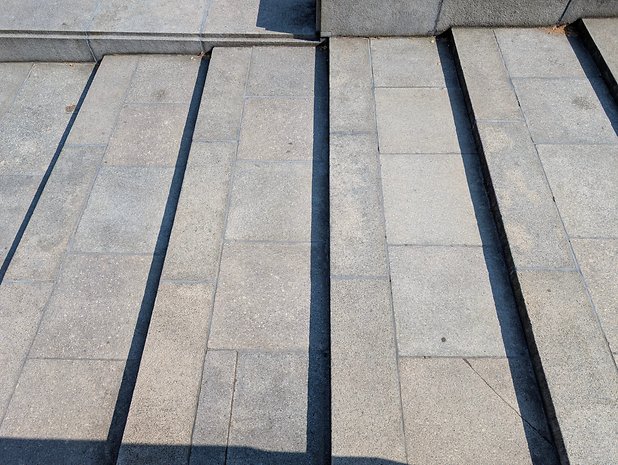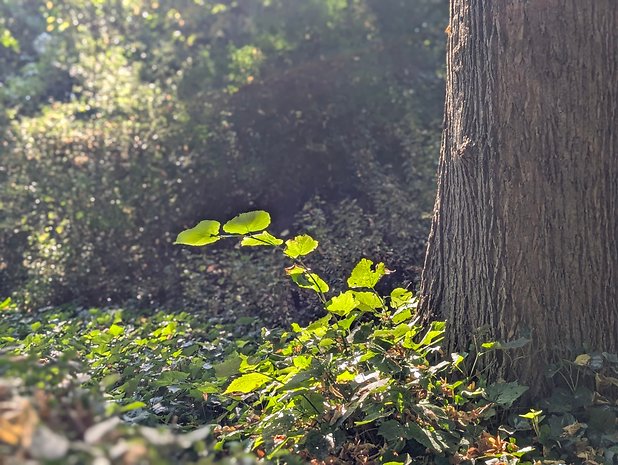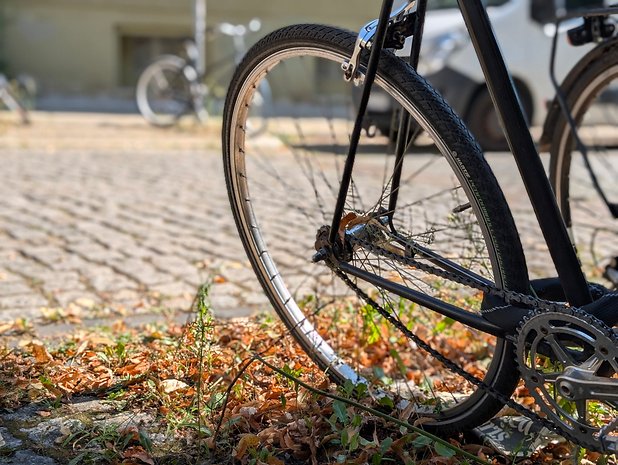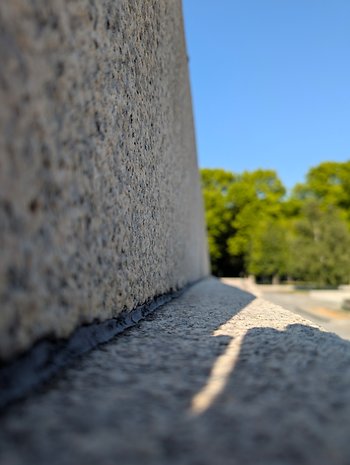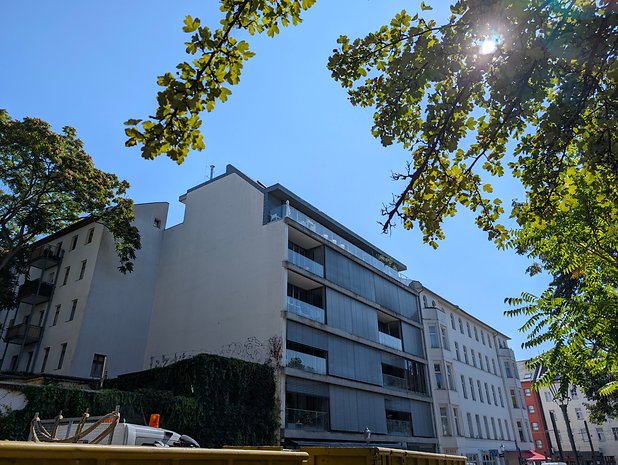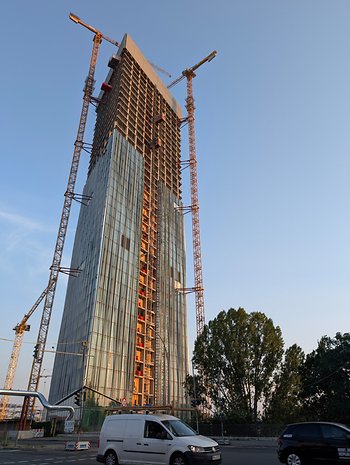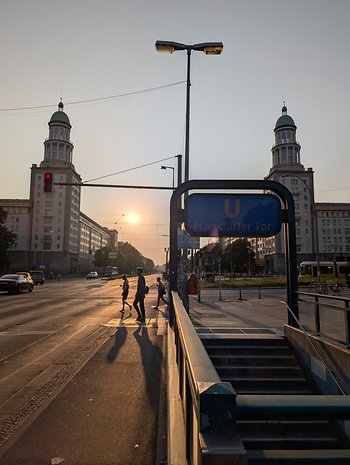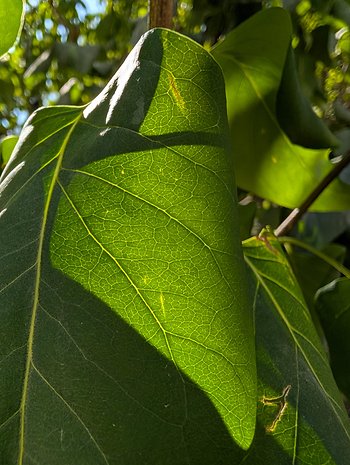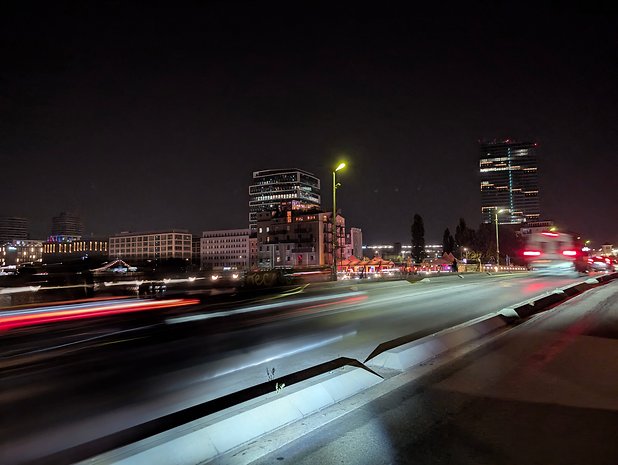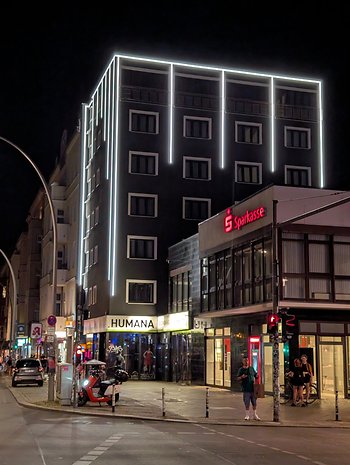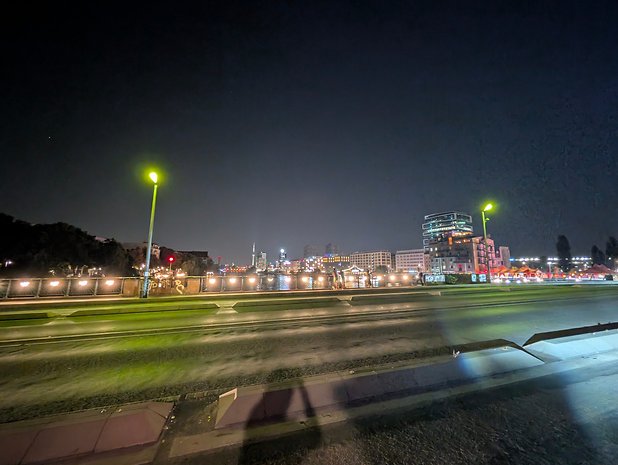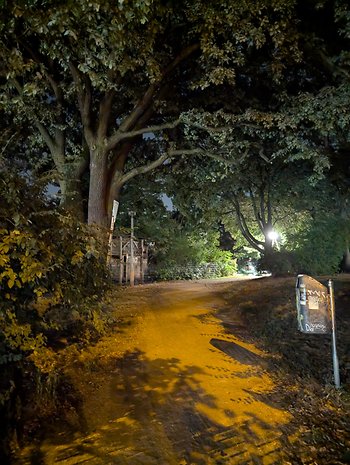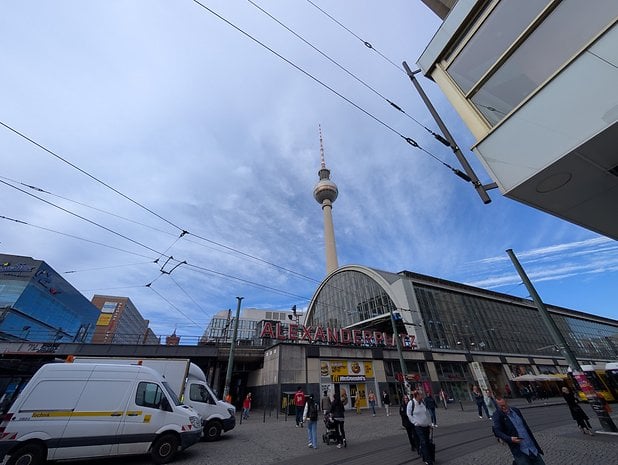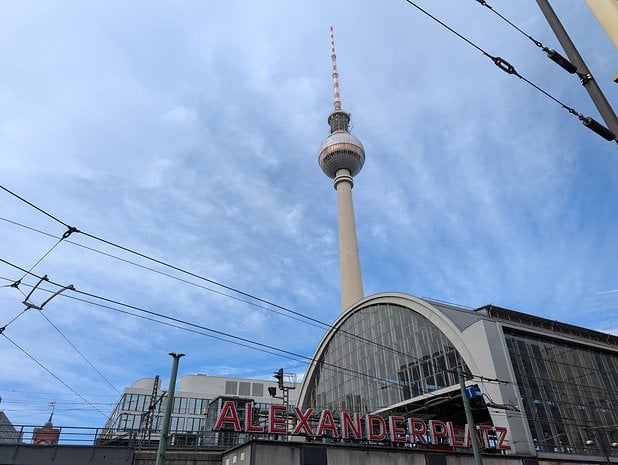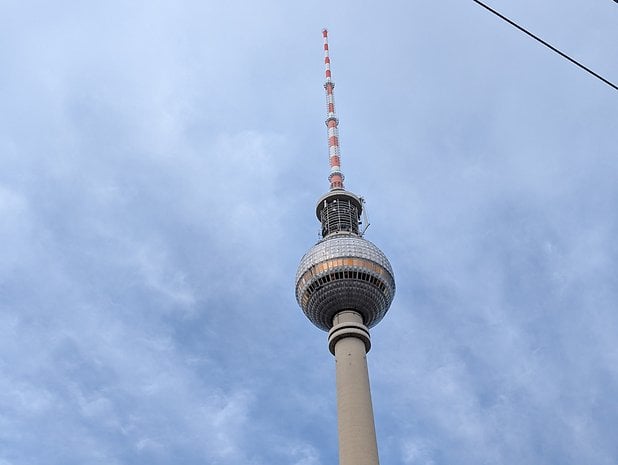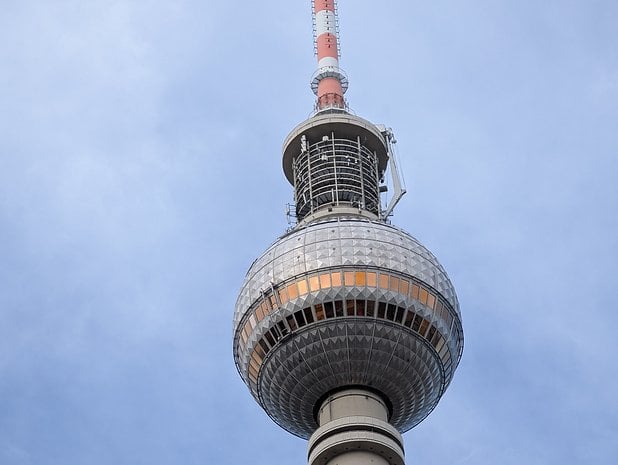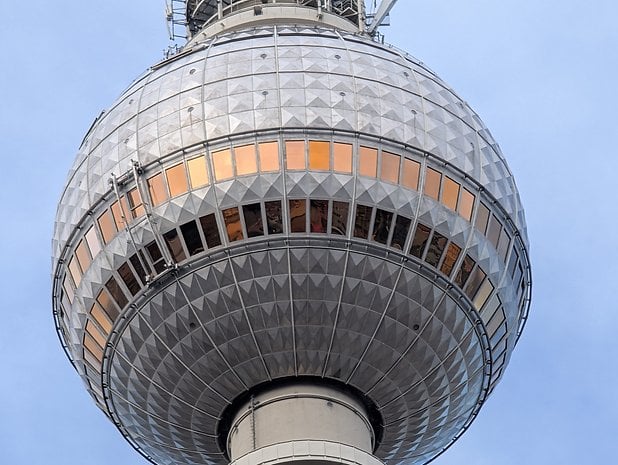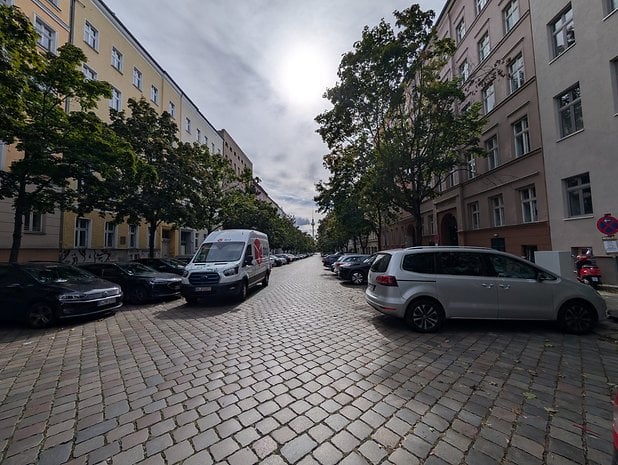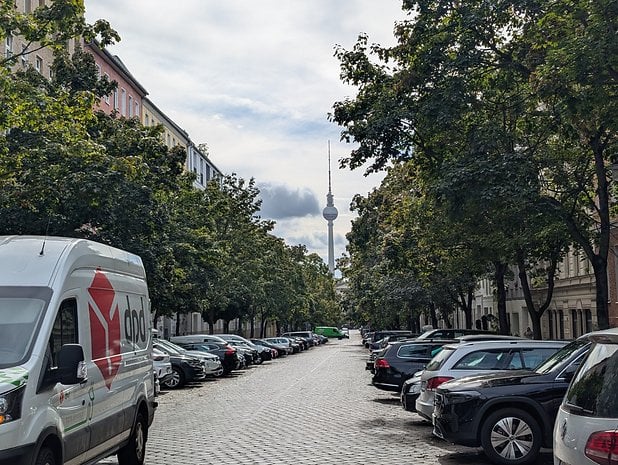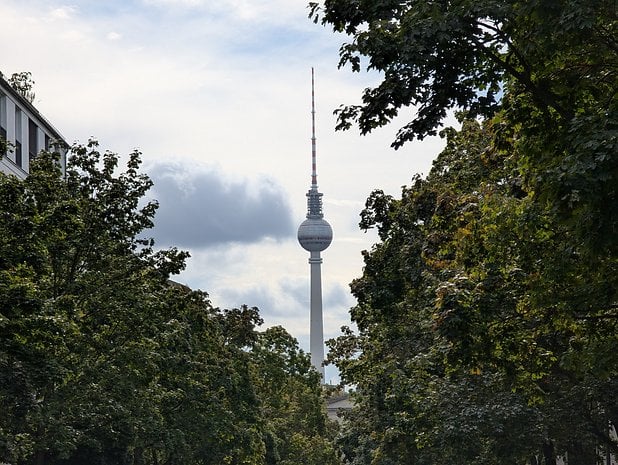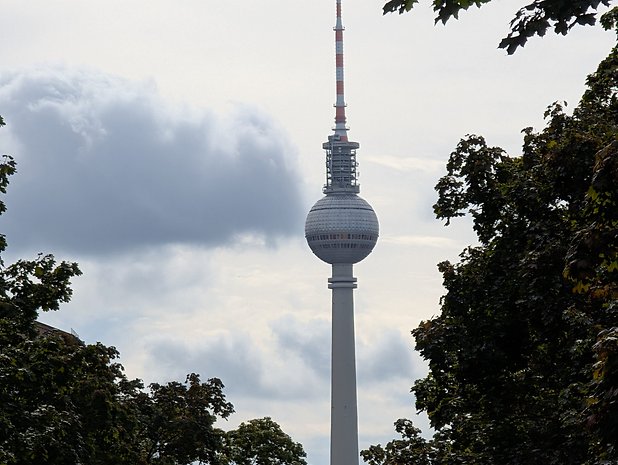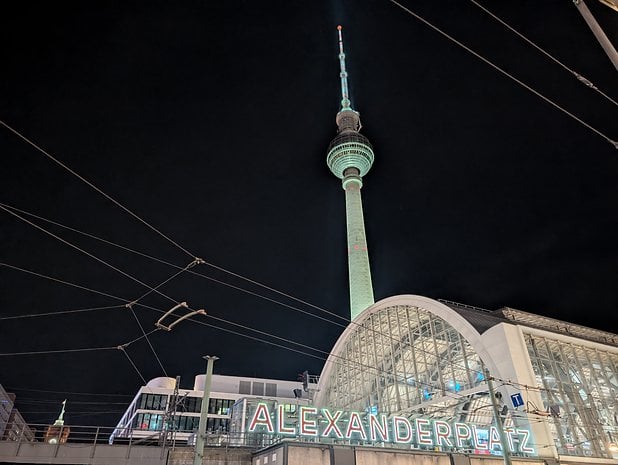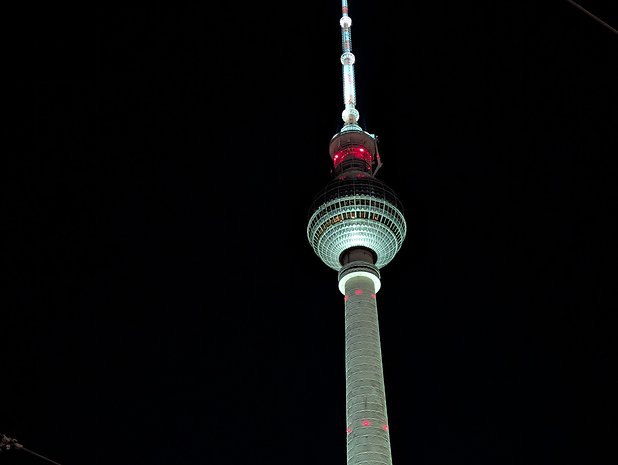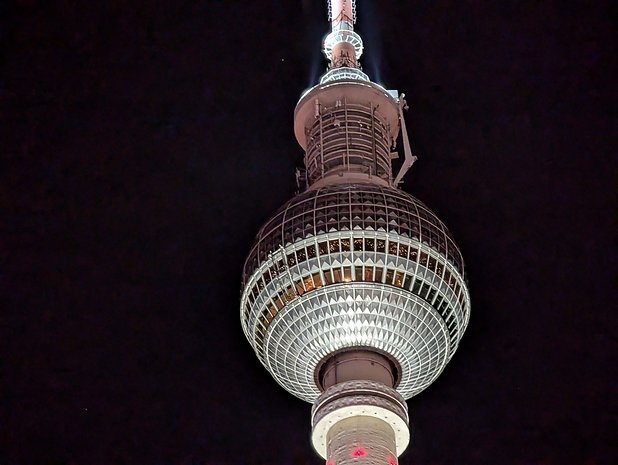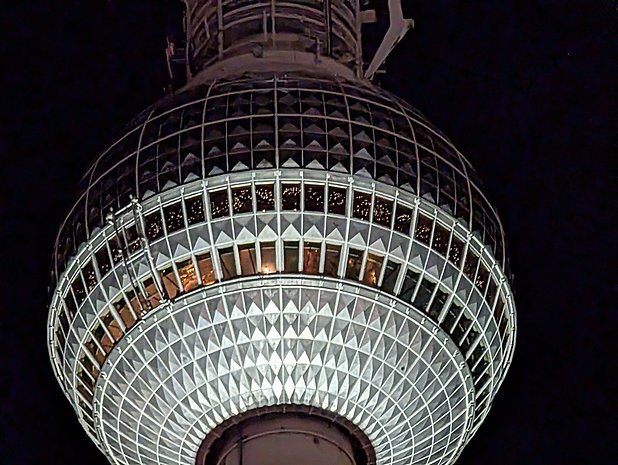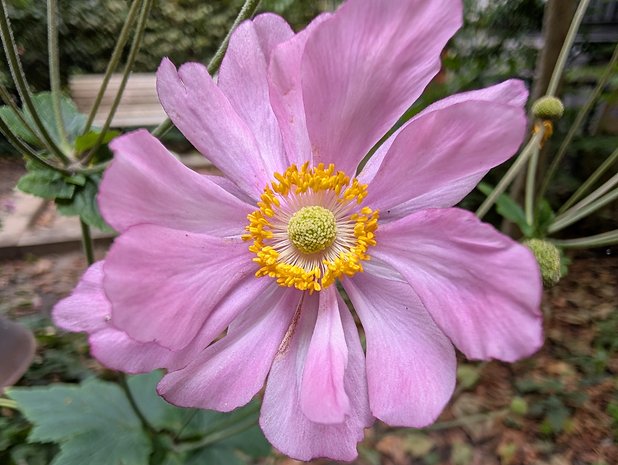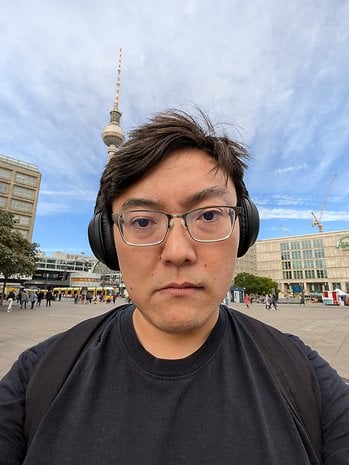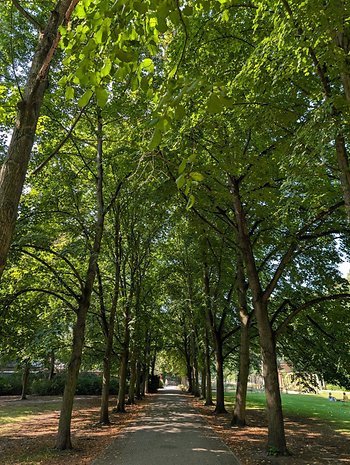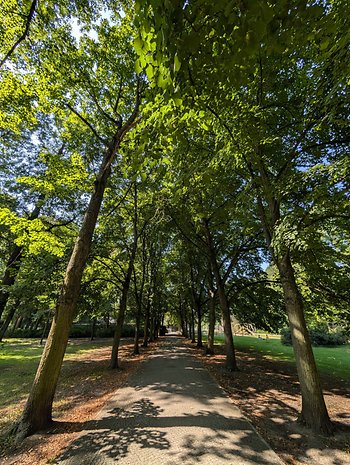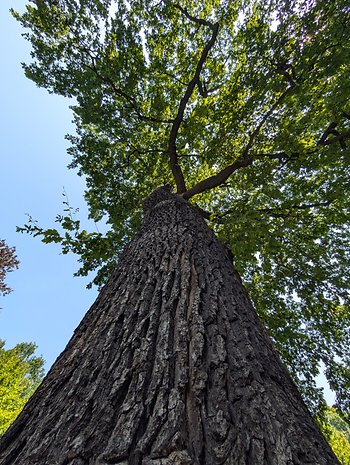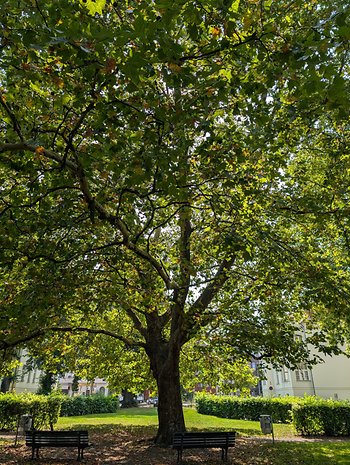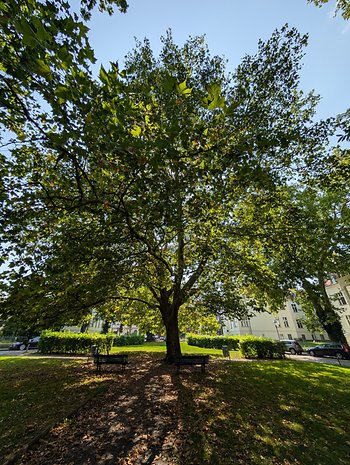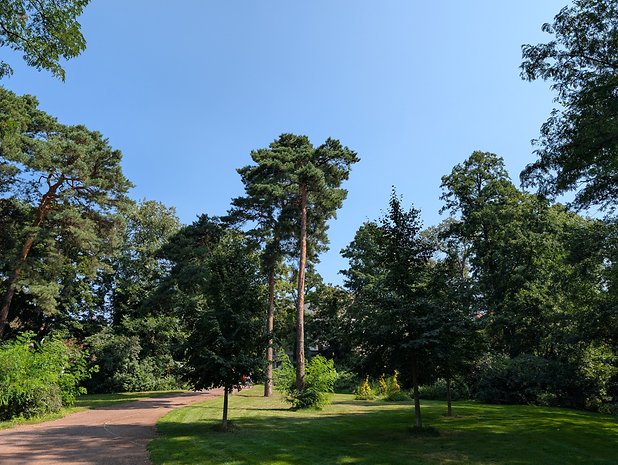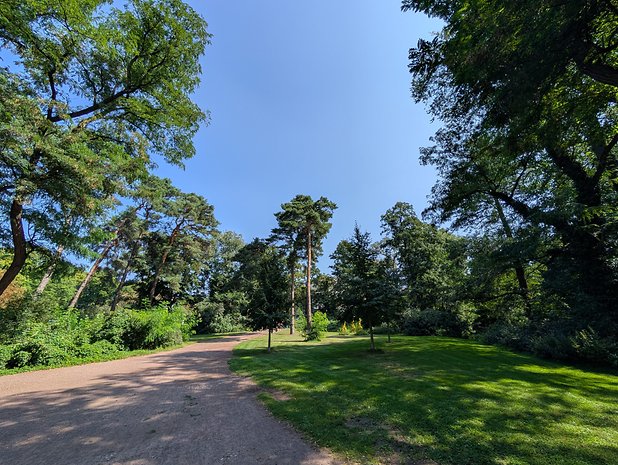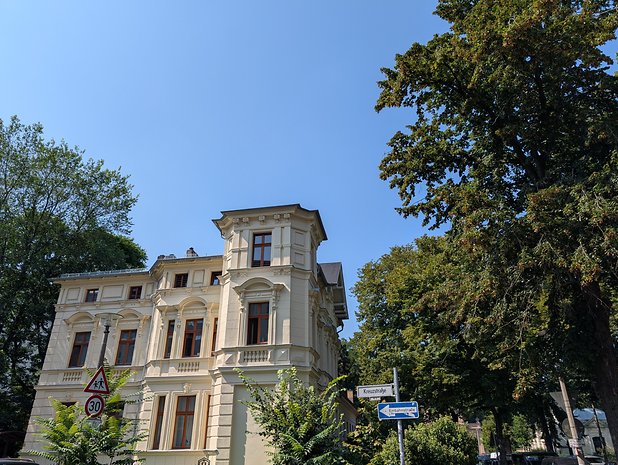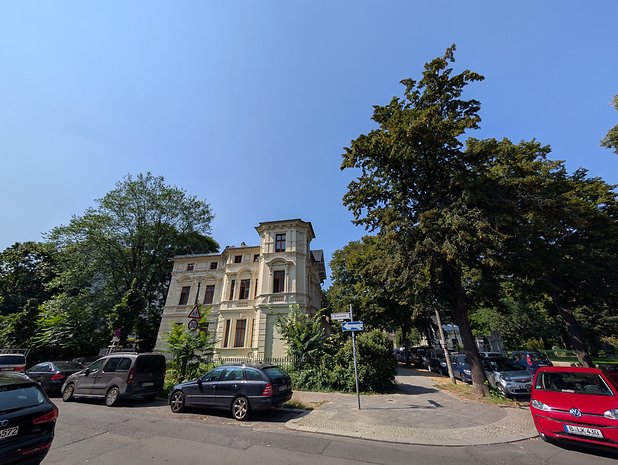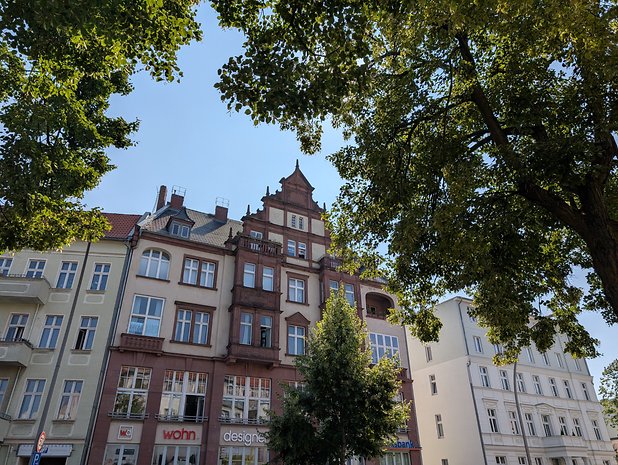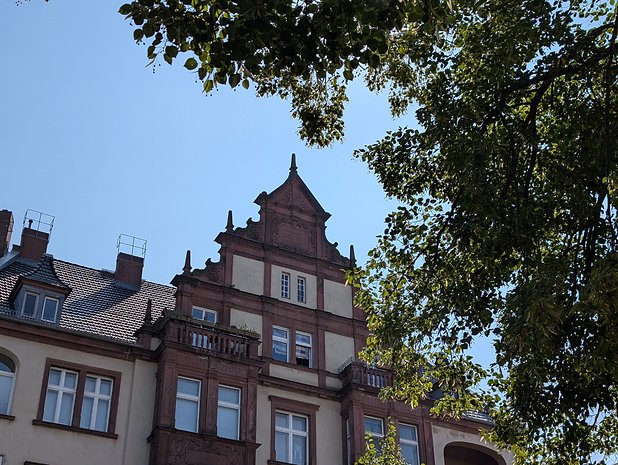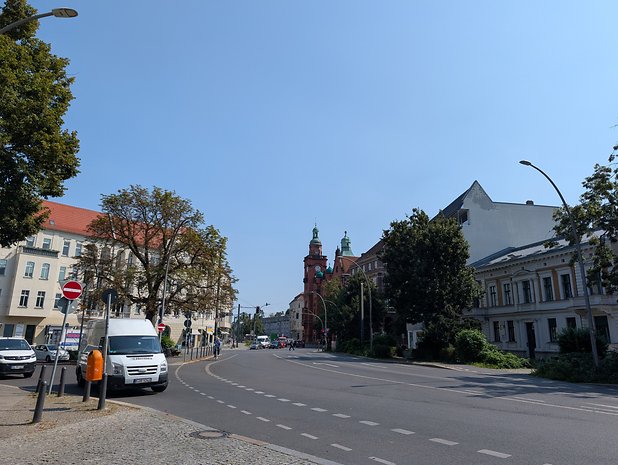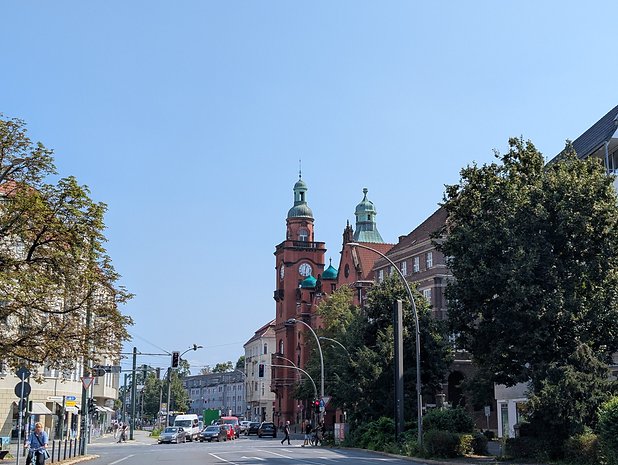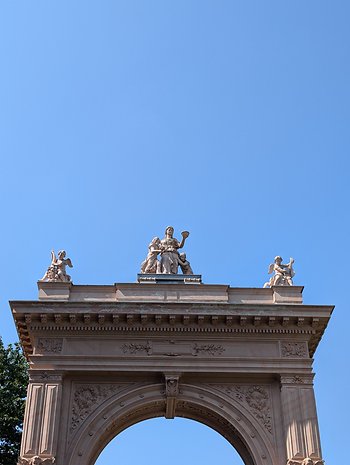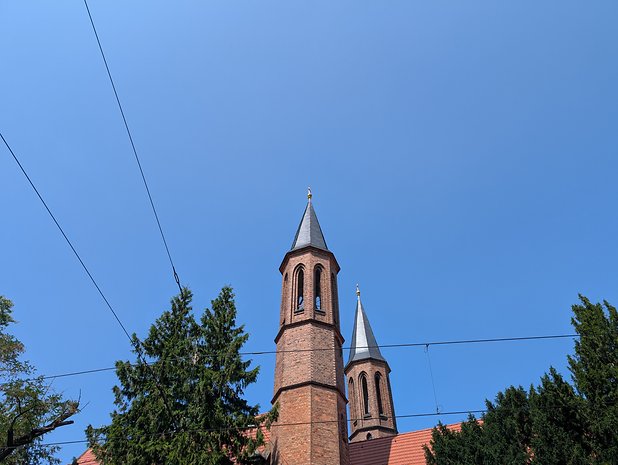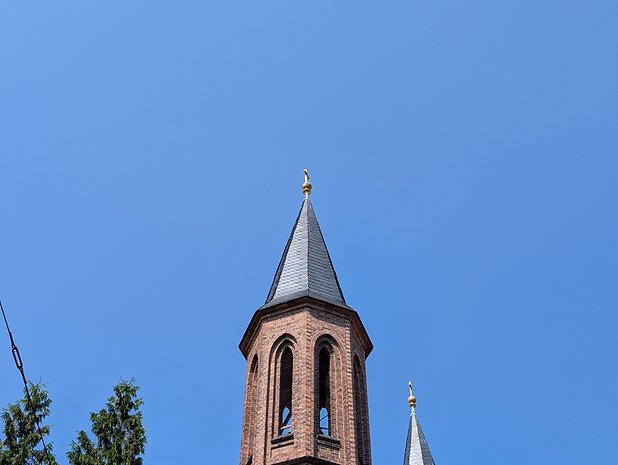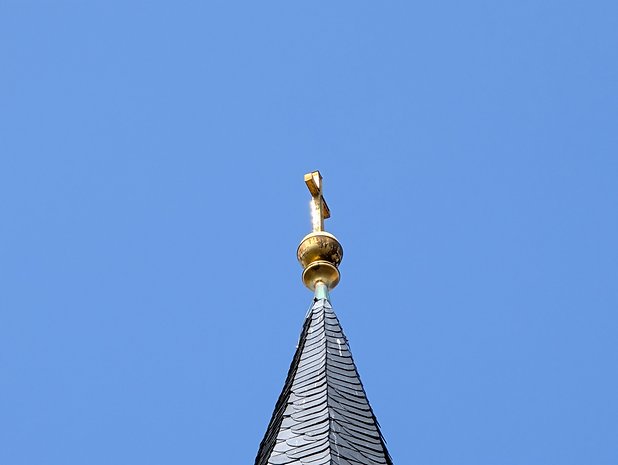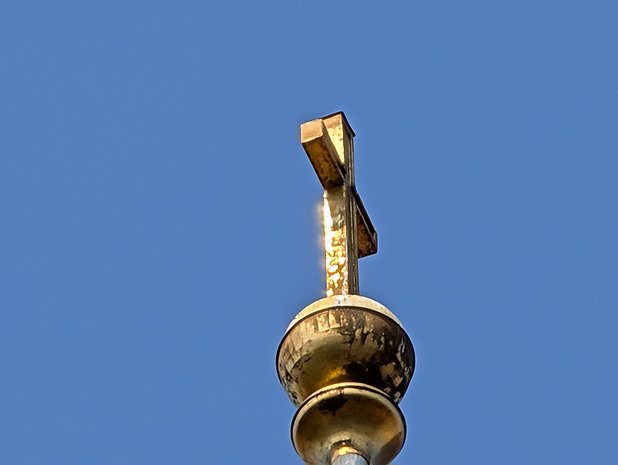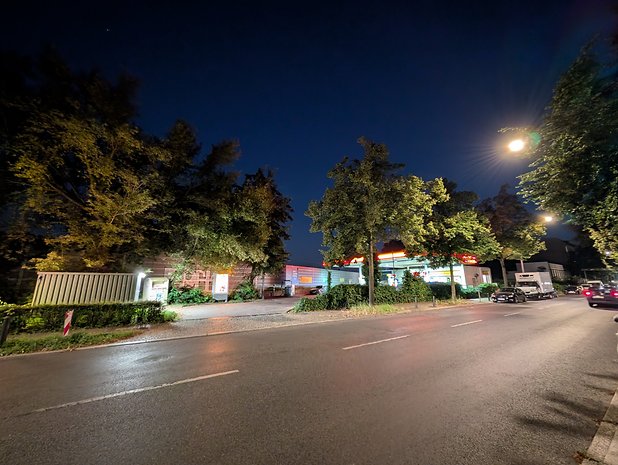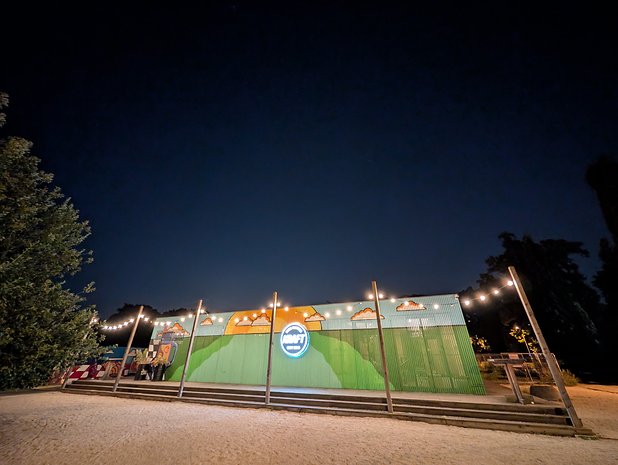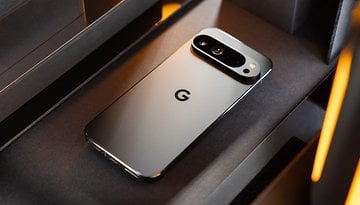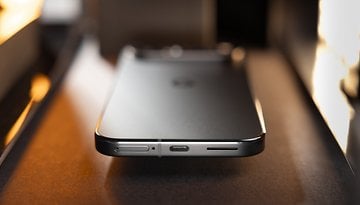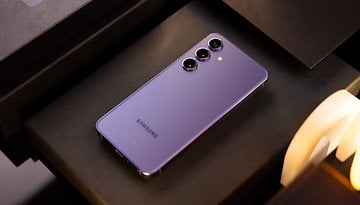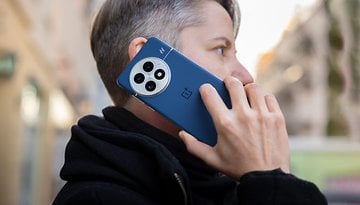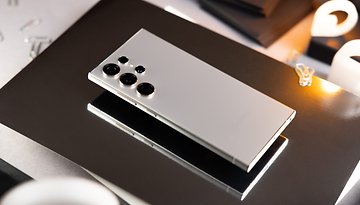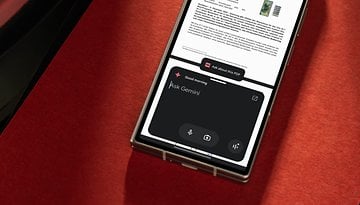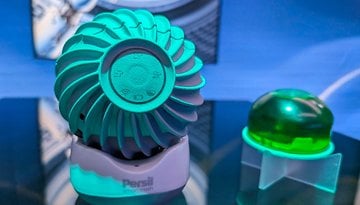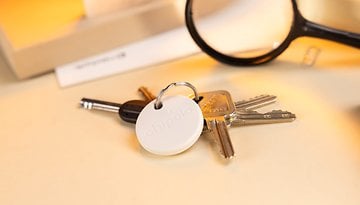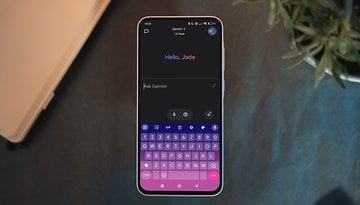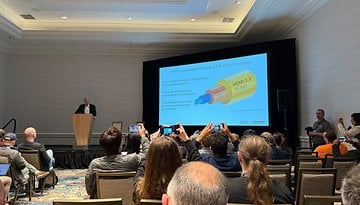Google Pixel 9 x 9 Pro x 9 Pro XL x 9 Pro Fold: We Explain Them All!
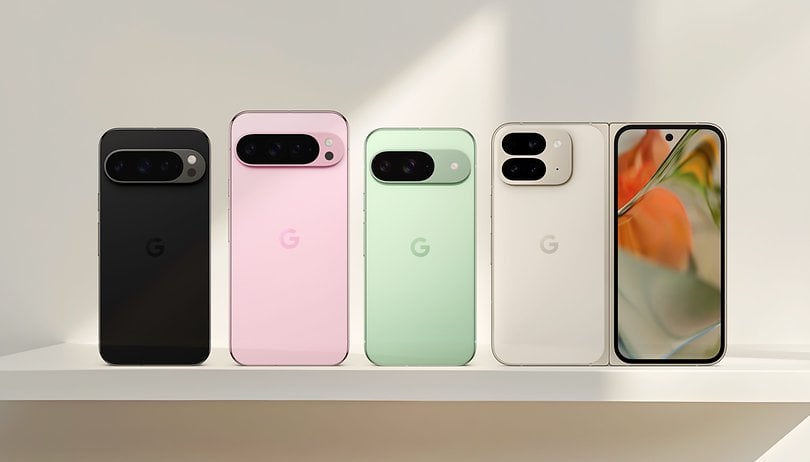

The Pixel phone family got bigger in 2024! Instead of the usual two-model launch like in previous years, Google dropped four new smartphone models at its “Made by Google” event. Confused by the naming choices and three different “Pro” versions? Check our comparison to see all their differences.
For starters, the new Google Pixel 9 Pro Fold is the successor to last year's Google Pixel Fold. And there is a compact Pro version now. All phones share many similarities when it comes to hardware specs and software support, but there are a few things to keep an eye on, depending on your priorities. With the exception of the Foldable, we have already been able to test all the new models. Take a look at the comparison of the technical data first, then we'll go through it in detail point by point.
A direct comparison of the Google Pixel 9 series
| The new Foldable | Largest display | The compact Pro | The standard flagship | |
|---|---|---|---|---|
| The product | ||||
| Picture | 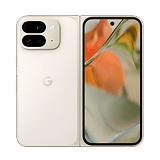 |
 |
 |
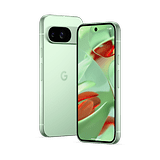 |
| Review |
|
|
|
|
| Display |
|
|
|
|
| SoC |
|
|
|
|
| Memory |
|
|
|
|
| OS |
|
|
|
|
| Camera |
|
|
|
|
| Selfie camera |
|
|
|
|
| Battery |
|
|
|
|
| Connectivity |
|
|
|
|
| IP certification |
|
|
|
|
| Dimensions and weight |
|
|
|
|
| Offers* |
|
|
|
|
A larger Fold and a smaller Pro
The design of the 2024 is largely uniform: the pill-shaped camera visor with a kind of "search field" design replaces the side design of the previous generations. All models have rounded corners, similar to the Pixel 8 generation, with relatively thin edges around the OLED displays.
The Fold model is IPx8 waterproof, but not resistant to fine particles or dust. The other Pixel models, on the other hand, are all protected against water and dust to IP68. All four models have a metal frame and Gorilla Glass Victus 2 on the front and back. The back of the Pixel 9 Pro and 9 Pro XL is matte, the base model has a glossy surface and the Fold is semi-glossy.
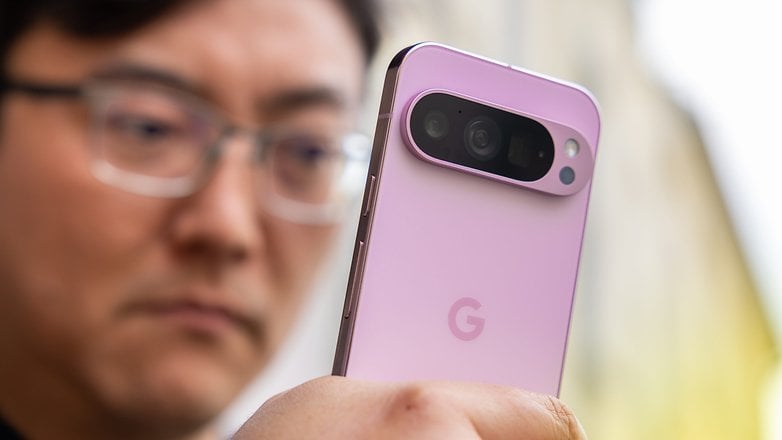
The color options also vary depending on the model. The Pixel 9 Pro Fold is available in Obsidian (black) and Porcelain (white). The other two 9 Pro models expand this selection with Hazel (gray) and Rose Quartz, while the standard Pixel 9 replaces these with Winter Green and Peony (pink). Oh, and the color scheme also applies to the camera island with a different hue.
During testing, our editors all noticed the really high-quality workmanship, which raises the Pixel phones to a higher level in terms of quality.
The smaller Pixel 9 Pro and the vanilla Pixel 9 have the same dimensions, although the Pro version weighs one gram more. As expected, the other phones in the range are larger and heavier, but the Fold swaps the Passport proportions of the first generation for a standard aspect ratio on the external display.
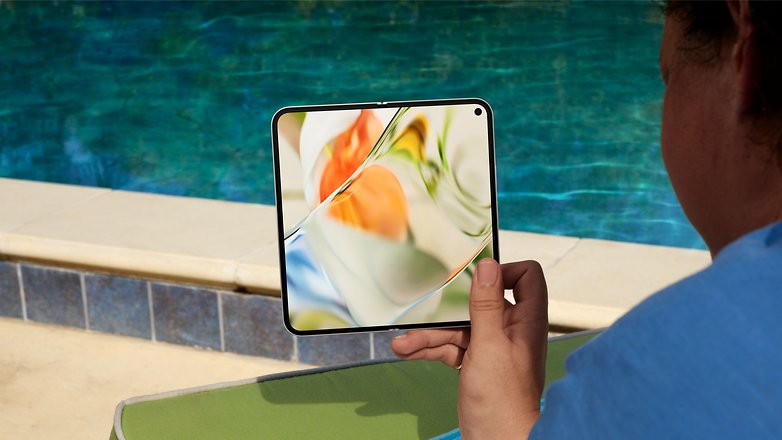
On paper, the Pixel 9 Pro Fold's external display is very similar to that of the Pixel 9. It is a 6.3-inch OLED panel with a resolution of 2424 × 1080 px and a fixed refresh rate of 120 or 60 Hz. The inner screen of the Pixel 9 Pro Fold is now 8 inches in size and has a higher quality OLED panel with variable refresh rates between 1 and 120 Hz to save power. It also has an almost square resolution of 2152 × 2076 px.
Both Pixel 9 Pro are equipped with LTPO OLED panels that offer the same range of refresh rates, but their resolutions differ depending on size: 2992 × 1344 px for the 6.7-inch model and 2856 × 1280 px for the 6.33-inch model. The base model, with its 6.3-inch panel, is only slightly smaller than the smaller Pro, but lacks the LTPO technology.
As with many other models coming onto the market in 2024, all four models have a high peak brightness: 2700 nits for the Pixel 9 and Pixel 9 Pro Fold and 3000 nits for the Pixel 9 Pro (XL). Also worth mentioning for all models: The optical fingerprint sensor in the display has now been replaced by a sensor with ultrasonic technology. This ensures faster, more reliable unlocking, while also increases security.
New Tensor chip with the usual AI support
All four Pixel 9 models are powered by the same Tensor G4 processor, which is paired with the Titan M2 security chip. Similar to the previous generations, you shouldn't expect top performance in benchmark tests. Here are our results with the three models tested in the one-day tests:
| Google Pixel 9 (Tensor G4) |
Google Pixel 9 Pro (Tensor G4) |
Google Pixel 9 Pro XL (Tensor G4) |
Samsung Galaxy S24 Ultra (Snapdragon 8 Gen 3) |
Xiaomi 14 Ultra (Snapdragon 8 Gen 3) |
Apple iPhone 15 Pro Max (A17 Pro) |
|
|---|---|---|---|---|---|---|
| 3D Mark Wild Life Extreme | 2.333 | - | 2588 | 5094 | 4680 | 3998 |
| 3D Mark Wild Life Extreme Stress Test |
Best loop: 2524 Worst loop: 1358 Stability: 53.8% |
Best loop: 2559 Worst loop: 2046 Stability: 80 % |
Best loop: 2603 |
Best loop: 5160 Worst loop: 3013 Stability: 58.4 |
Best loop: 4708 Worst loop: 3606 Stability: 69.4 |
Best loop: 3817 Worst loop: 2842 Stability: 74.4% |
| AnTuTu | 826.999 | 948.187 | 1.094.183 | 1.851.716 | 1.939.484 | 1.569.312 |
| Geekbench 6 | Single: 1,666 Multi: 3,761 |
Single: 1934 Multi: 4466 |
Single: 1950 Multi: 4050 |
Single: 2252 Multi: 7107 |
Single: 1828 Multi: 6317 |
Single: 2936 Multi: 7003 |
However, the test also revealed that Google once again falls behind the chips from Qualcomm, Apple, and Samsung, but this disadvantage is hardly noticeable in practice. So you can play all demanding games on high settings without any problems, use complex software - and thanks to the improved heat management, heating is no longer as problematic as with the predecessors.
In terms of connectivity, all devices are compatible with modern wireless standards such as eSIM, Wi-Fi 7, Bluetooth 5.3, and NFC. The three Pro models also offer UWB support, which is not available on the basic model.
Versatile cameras all round
The foldable and non-foldable models differ in terms of the sensors for image capture, so let's start with the Pixel 9 Pro Fold. While all Pro models have a triple camera set with main, ultra-wide, and 5x telephoto zoom, the resolution and sensor sizes are smaller on the Pro Fold: 48, 10.5 and 10.8 megapixels respectively (with 1/2'', 1/3.4'' and 1/3.2'' sensors), arranged in two rows.
The slab Pixel 9 Pros replaces those with 50, 48, and 48-megapixel sensors, with bigger areas: 1/1.31'', 1/2.55'', and 1/2.55'' respectively. So don't expect the same camera performance on the foldable Pixel. The Pixel 9 Pro camera specs are roughly similar to those in the previous generation, but the ultrawide lens is now “brighter” with a f/1.7 aperture, which should help low-light performance in open shots.
The Pro models impressed us with outstanding daytime photos. The results are very detailed and dynamic, and the zoom results are also great. However, we noticed weaknesses in all models when taking night photos.
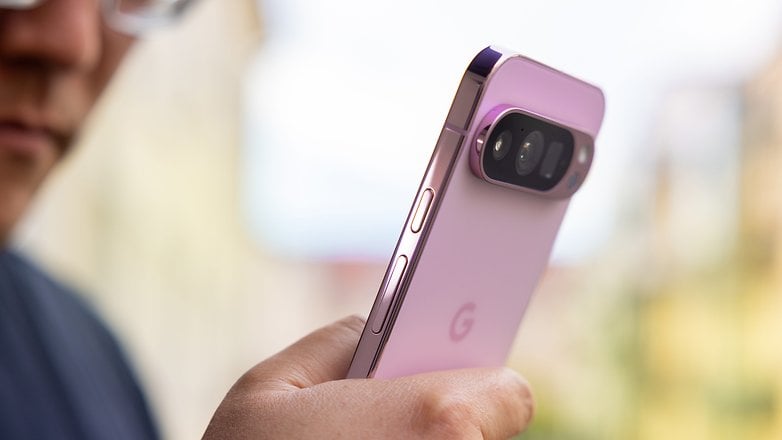
The vanilla Pixel 9 only has the main camera and the ultra-wide-angle camera, with similar features to the more expensive models. Unfortunately, we noticed an increased number of image errors and artifacts, and the camera did not convince us with night photos either. During the day, however, the photos are very good.
Google highlights that the ultra-wide camera features “macro focus”, but doesn't disclose the minimum focusing distance. However, we really liked the macro results in our tests. At the other end of the focal length, the telephoto cameras on the three Pro models offer the same 5x magnification, but the Fold tops at 20x digital zoom, while the other models reach 30x magnification.
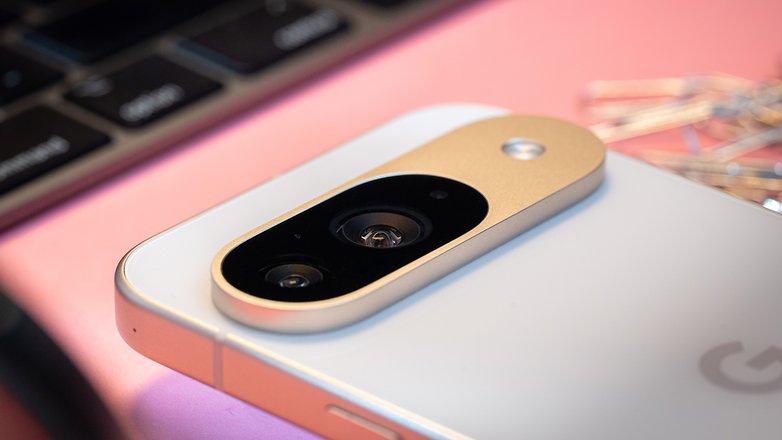
For selfies, the Pixel 9 Pro Fold has a pair of 10-megapixel sensors—on the external and internal displays—while the Pixel 9 is equipped with a 10.5 MP component. The Pixel 9 Pros, meanwhile, offer 42 megapixels of resolution on that tiny camera punch-hole.
Google advertises that the “Super High-Resolution Zoom” magnification is now available also on videos, and recordings can be set at 8K resolution for those with no regard to storage capacity.
Other new camera tricks include an “Add Me” feature to add missing people to the scene, and the Magic Editor can change the image composition. We have already presented the Add Me feature for group photos in detail. So that you can get an impression for yourself, take a quick look at our galleries:
Sample photos of the Pixel 9
Sample photos of the Pixel 9 Pro
Sample photos of the Pixel 9 Pro XL
Seven years of software updates as usual
Speaking of software features, Google promises seven years of Feature Drops, with the same coverage for both Android updates and security patches. It is worth noting that all four models will launch with Android 14, so don't expect to see the Pixel 9 models receiving the Android release in 2031 (Android 22, if everything goes accordingly) if Google keeps releasing Android versions in September or October.
What's exciting about Google every year is the new AI tricks that are introduced. Opinions on Gemini nano are still divided: There are nice features with added value, but also other tools whose usefulness is rather dubious, or which are not yet available everywhere. Another limitation: the more powerful Gemini Live is subject to a subscription to talk to Gemini Live and get a really powerful chatbot.
Faster charging, but not much
All Pixel 9 models list support for Google's new 45 W wired charger. Google later clarified this by listing a maximum input of 37 W for the Pixel 9 Pro XL and 27 W for the smaller phones, while the Fold charges at a maximum of 21 W.
All models can also be charged wirelessly, although Google only mentions Qi certification and not the latest version. Apart from the Fold, all phones achieve a maximum charging power of 12W when using Qi-compatible wireless chargers, and they can be charged using the Pixel Stand with different inputs. They also feature Battery Share (reverse wireless charging).
All three models tested took between 80 (Pro XL) and 90 (base model) minutes to fully charge to 100 percent. The battery benchmark attests the Pixel 9 Pro XL a runtime of 15 hours and 39 minutes, which is a really good value. With a high-resolution display and 120 Hz, the smaller Pro achieves almost as high a value, with only the Pixel 9 falling slightly behind at 12.5 hours.
Prices and availability
| Pixel 9 Pro Fold | Pixel 9 Pro XL | Pixel 9 Pro | Pixel 9 | |
|---|---|---|---|---|
| 1 TB | ❌ | $1,549 | $1449 | ❌ |
| 512 GB | $1,919 | $1,319 | $1,219 | ❌ |
| 256 GB | $1,799 | $1,199 | $1,099 | $899 |
| 128 GB | ❌ | $1,099 | $999 | $799 |
| Colors | black White |
black White gray Pink |
black White gray Pink |
black White green Pink |
Prices for the Pixel 9 start at $800 and reach $1920 for the Pixel 9 Pro Fold, but expect to see the usual contract bonuses from both the Google Store and partner retailers and phone carriers.
While the three models we tested went straight on sale, you had to wait a little longer for the Foldable. However, you can now also get the Pixel 9 Pro Fold in stores for at least $1799.
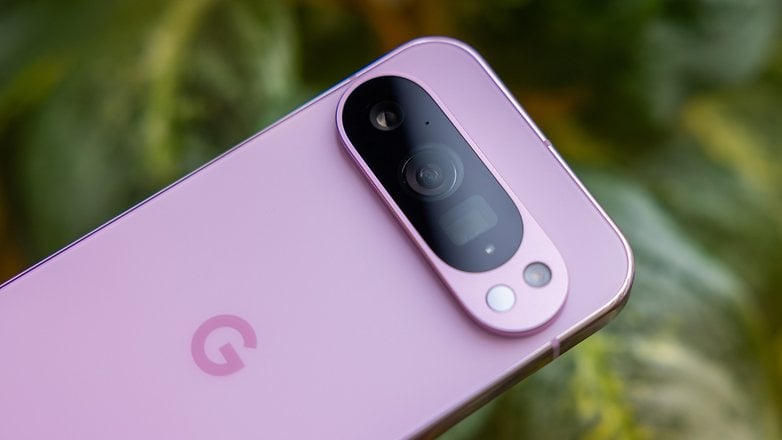
For our international audiences, there is also a different availability depending on the phones. The Pixel 9 Pro Fold will be available in the following countries:
- North and South America: Canada, USA.
- Europe: Austria, Belgium, Denmark, Finland, France, Germany, Ireland, Netherlands, Norway,
Switzerland, Sweden, United Kingdom - Asia-Pacific: Australia, India, Japan, Singapore, Taiwan.
The other three Pixel 9 phones will additionally be available in these countries: Czechia, Estonia, Hungary, Italy, Latvia, Lithuania, Poland, Portugal, Romania, Slovakia, Slovenia, Spain, and Malaysia.
Conclusion
The biggest news from the Pixel 9 launch is probably the new variants. The compact Pixel 9 Pro and the foldable Pixel 9 Pro Fold (weird names aside) give some hints that the Pixel family is stronger than ever.
And yes, the performance has actually increased and leaves nothing to be desired in practical use, but Google is still lagging behind its major competitors here too. Overall, however, the update of the 2024 series is rather timid, without any groundbreaking features or hardware changes for users.
We were positively impressed by the good battery life of the Pro devices, with only the Pixel 9 lagging slightly behind. The camera quality also shows why Google has given these two devices the "Pro" attribute (and a higher price). What all models have in common is the amazingly good build quality and minor improvements such as the switch to the ultrasonic sensor for your fingerprints.
Be sure to read our test reports and find out whether you can live with the small shortcomings of the Pixel 9 or whether there is a tendency towards the Pro or Pro XL after all. Despite all the updates and optimizations, we believe that you don't necessarily have to invest money in a new Pixel phone if you bought the Pixel 8 series last year.
What do you think of Google's 2024 phone range? Did you expect bigger changes than what we got in the end? Share your thoughts in the comments below.

